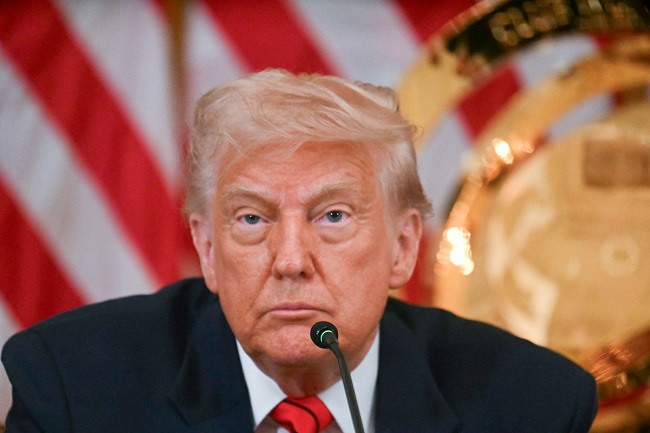In a surprising policy shift, U.S. President Donald Trump is set to issue a new executive order granting TikTok an additional 90-day extension to secure a U.S.-based buyer, according to a White House announcement on Tuesday. This marks the third such delay in the enforcement of a law that would force the popular video-sharing platform to either divest from its Chinese parent company, ByteDance, or face a nationwide ban.
Originally motivated by national security concerns surrounding TikTok’s Chinese ownership, the ban was slated to go into effect on January 19 just one day before Trump’s inauguration. However, Trump’s latest move suggests a change in sentiment, reportedly influenced by the app’s popularity among younger voters who helped bolster his 2024 election campaign.
“President Trump will sign an additional Executive Order this week to keep TikTok up and running,” said Press Secretary Karoline Leavitt. “This extension will last 90 days, during which time the administration will work toward ensuring a secure deal that protects American user data.”
The president, once a vocal critic of TikTok, now appears to be defending it, admitting in an earlier interview that he has a “soft spot” for the app. “If it needs an extension, I would be willing to give it an extension,” he told NBC News in May.
Trump claims that a consortium of investors is prepared to acquire TikTok’s U.S. operations for a substantial amount, although ByteDance has yet to finalize any sale. Reportedly, one proposal includes turning TikTok’s U.S. branch into a standalone global entity, with current American stakeholders maintaining shares, and companies like Oracle and Blackstone stepping in to dilute ByteDance’s control.
TikTok already hosts a portion of its U.S. data on Oracle servers, and Oracle chairman Larry Ellison, a known Trump supporter could play a central role in any future agreement. Still, the fate of TikTok’s highly prized algorithm remains unclear, which analysts say is the core of its success.
“Without its algorithm, TikTok wouldn’t be the same. It’s like Harry Potter without his wand,” said Kelsey Chickering, a principal analyst at Forrester.
While negotiations continue, TikTok is forging ahead with innovation. Just this week, the company unveiled its new “Symphony” suite a collection of generative AI tools designed to help advertisers turn basic text and images into short-form video ads.
Experts view the ongoing TikTok saga as emblematic of the broader U.S.–China tech standoff. “TikTok has become a symbol in the digital cold war between Washington and Beijing,” noted Shweta Singh, Assistant Professor of Information Systems at Warwick Business School.
Despite multiple deadlines and unresolved negotiations, it seems that TikTok’s operations in the U.S. are secure at least for another 90 days.





